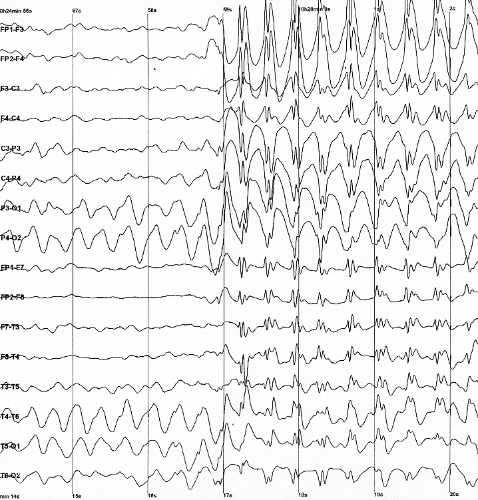Subclinical epileptic bursts in the brain may affect patients' driving

Epileptic discharges in the brain that are unaccompanied by obvious clinical signs are regarded as subclinical or interictal. A new study found that such bursts can prolong the reaction time and increase virtual accidents of patients taking a car driving computer test.
Antiepileptic drugs significantly prolonged patients' reaction times during electroencephalography recordings but did not appear to impair driving performance.
"Antiepileptic drugs reduce patients' reactivity, but it is mainly the interictal epileptic activity that contributes to an excess of virtual accidents," said Dr. Heinz Krestel, senior author of the Epilepsia article.
More information: Arto C. Nirkko et al. Virtual car accidents of epilepsy patients, interictal epileptic activity, and medication, Epilepsia (2016). DOI: 10.1111/epi.13361

















